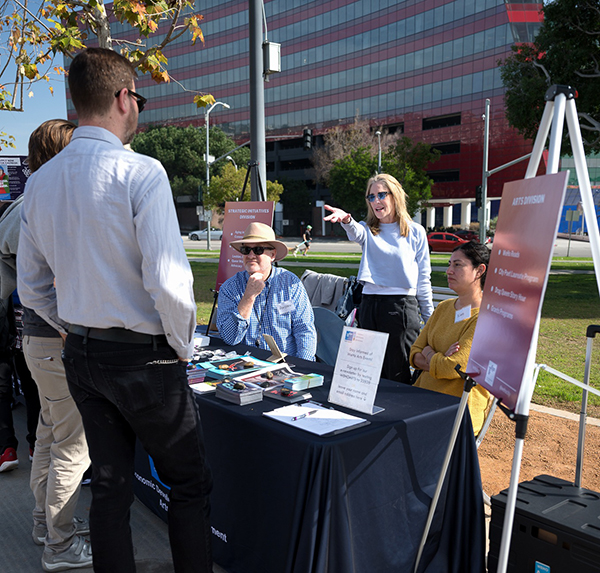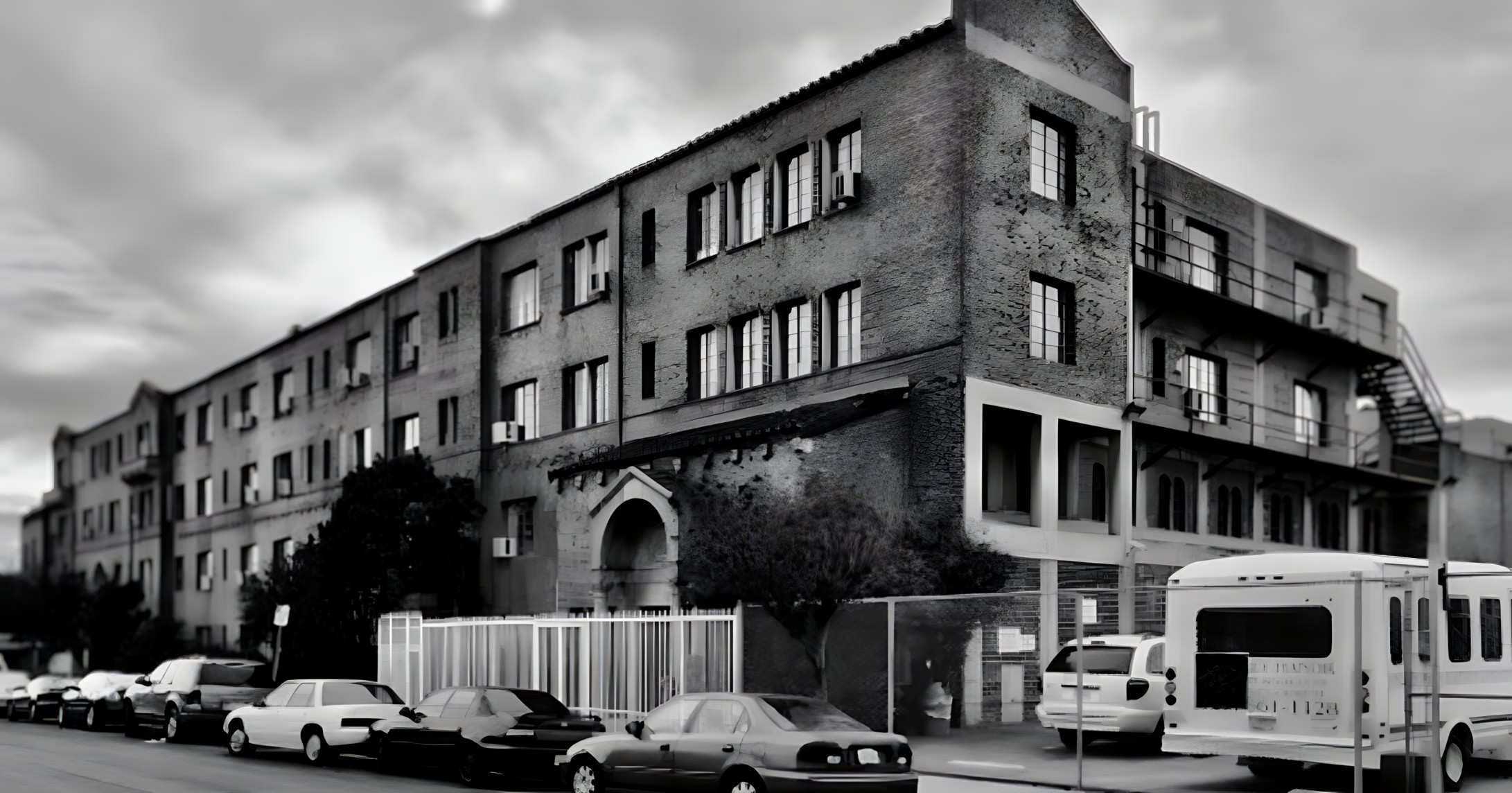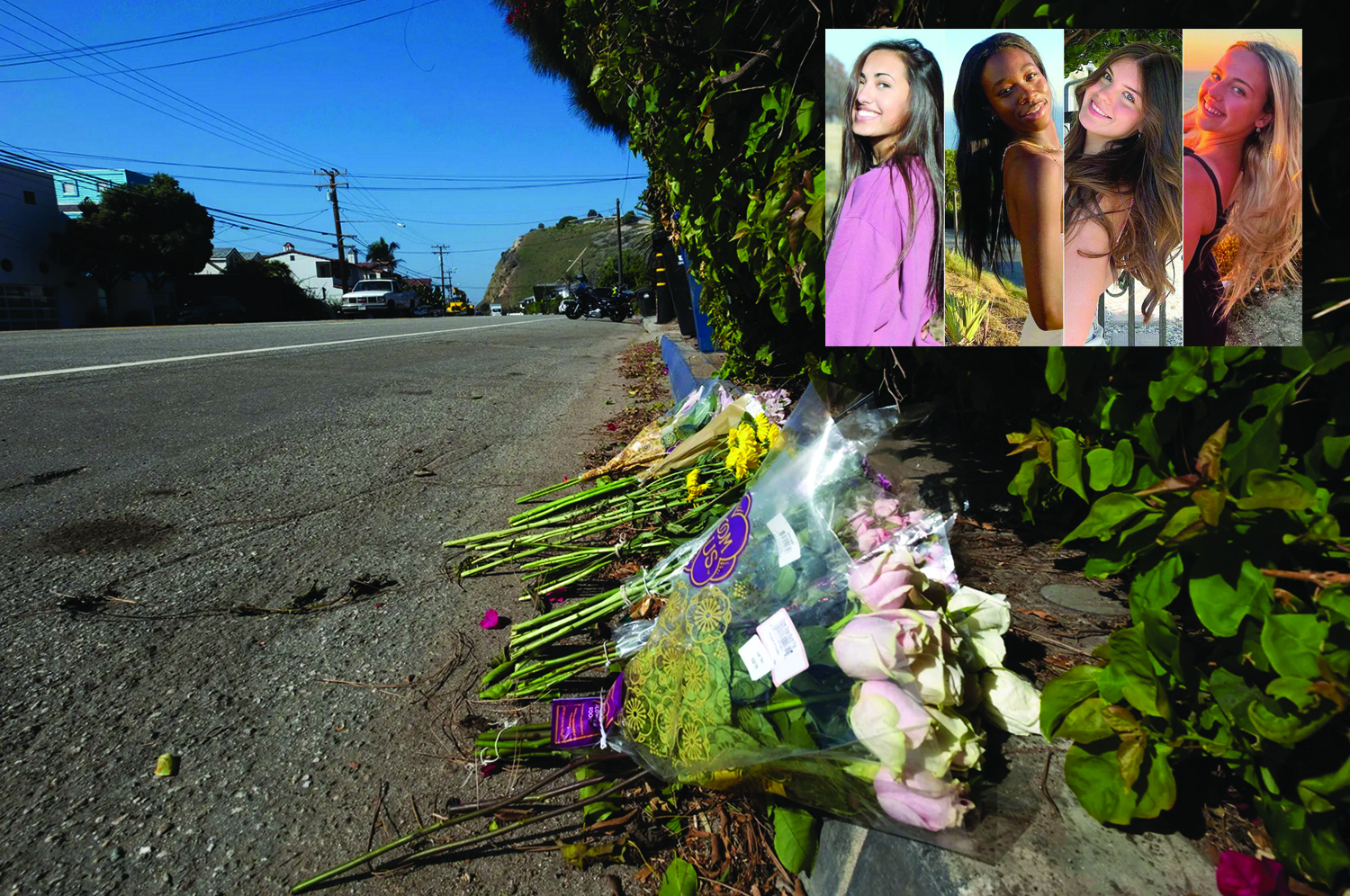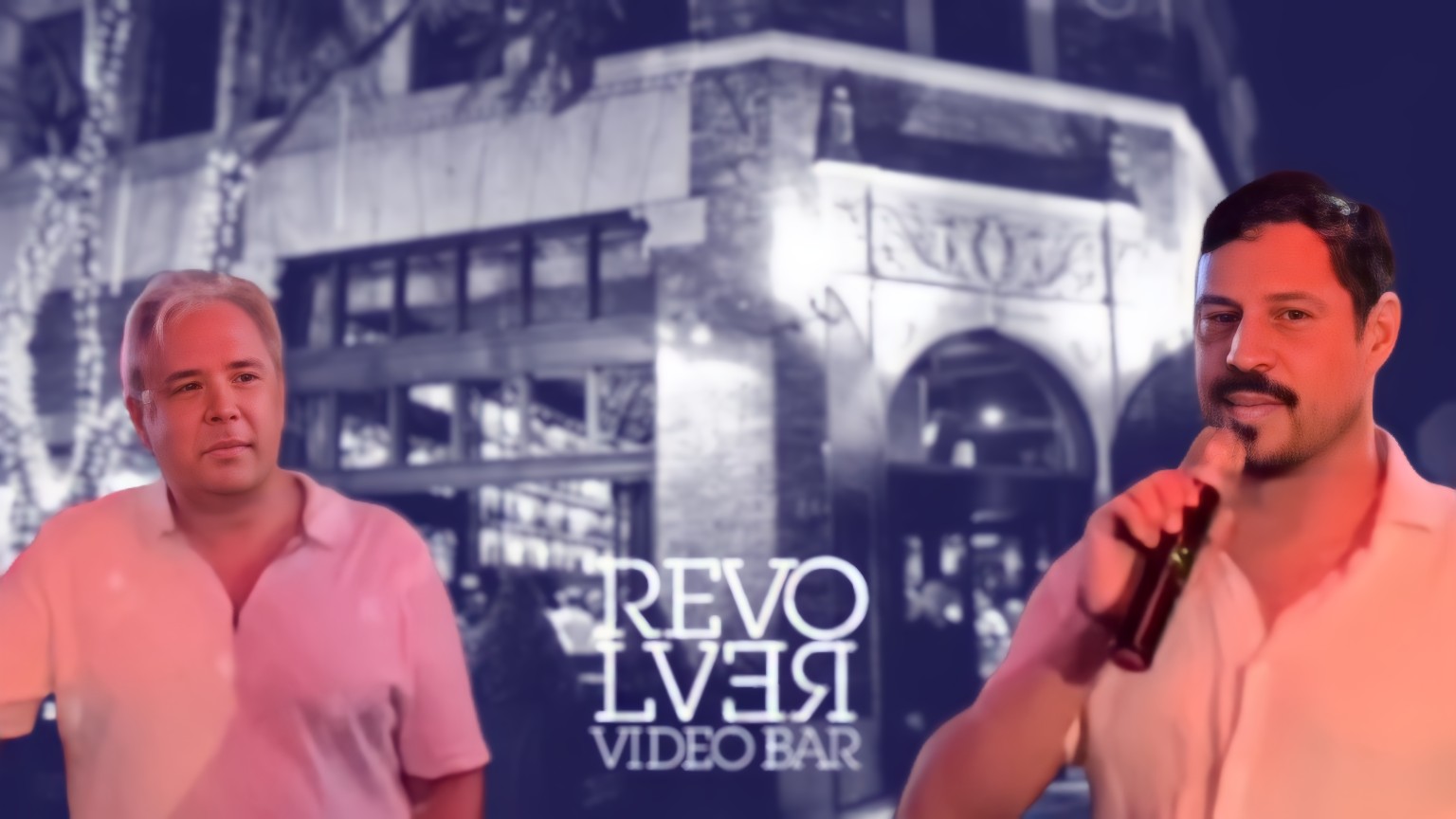By Kayla Rodgers
Contributing Writer
WEST HOLLYWOOD — As the city prepares to celebrate National HIV/AIDS and Aging Awareness Day Sept. 18, a report on its HIV Zero Initiative shows that many residents who are at high risk of HIV are more concerned with catching COVID-19 these days.
City staff presented the HIV Zero Initiative Year 4 Midyear Evaluation Report to the City Council last month. The report found continued progress in enrolling HIV-positive men in health care coverage and a decrease in infection rates among men living in West Hollywood, based on surveys completed by residents in partnership with the Los Angeles County Department of Public Health.
The city began the initiative in 2016 in an effort to end the HIV/AIDS epidemic or reach a threshold that saw new infections dip below related deaths, with a special focus on HIV-positive men in West Hollywood. Besides evaluating this goal by increasing access to health care for people living with or at an elevated risk of acquiring HIV and reducing new HIV infections, the midyear evaluation also measured progress in reducing HIV-related disparities and health inequalities and slowing disease progression from HIV to AIDS. Results showed a decline in progress in both of these areas.
The survey also included a few questions about coronavirus, which found that 41% of community members avoid visiting a health provider for fear of catching COVID-19. The survey also found that gay and bisexual men in West Hollywood are more concerned about acquiring COVID-19 than they are about HIV, speaking to reduced fears around the latter in general.
An HIV-positive person who is virally suppressed has almost zero chance of transmitting the virus to a sexual partner. Viral suppression decreased from 2014 to 2017, from 69% to 65% of men living with HIV in West Hollywood.
Only 35% of HIV-negative men surveyed are PrEP users, a key risk factor in new infections. The primary reasons given for not using PrEP, which people at risk of HIV take to prevent getting the virus, include concern about side effects, not engaging in a lot of sexual activity or being in a monogamous relationship.
While the county doesn’t include specific data on the transgender and non-binary community, city data showed that 2% of residents accessed social services in West Hollywood, while 0.1 to 0.5% of individuals in the county identify as transgender.
The HIV Zero Initiative is an ongoing program with a annual budget of around $44,000.












